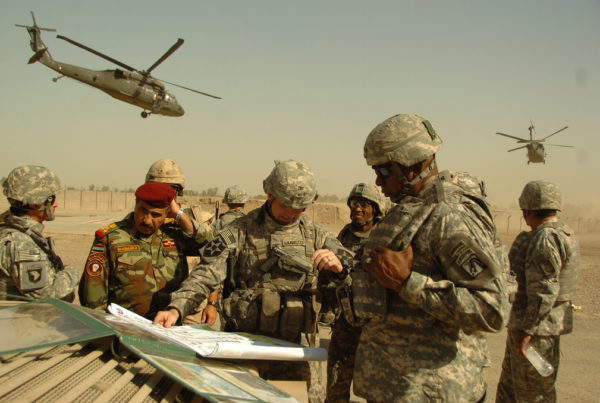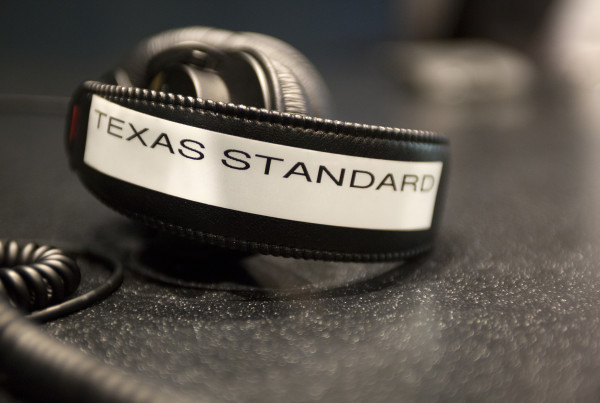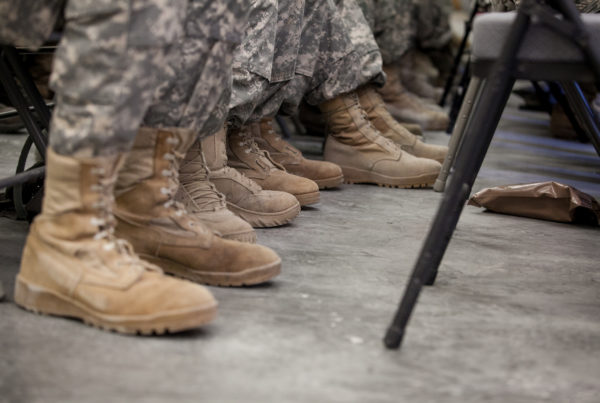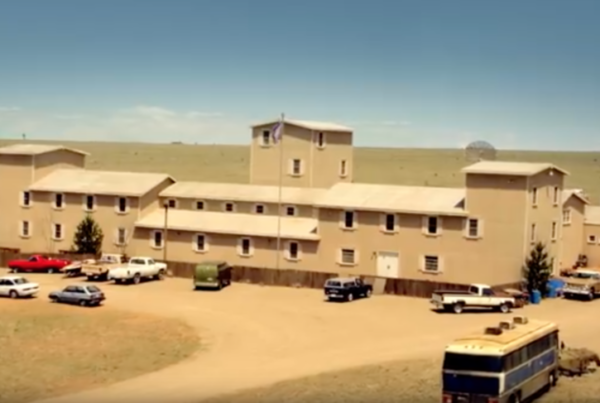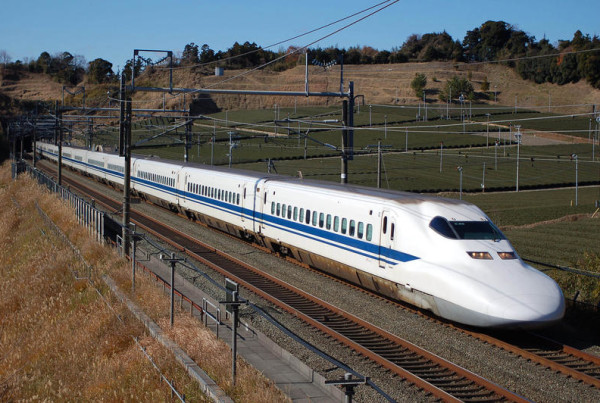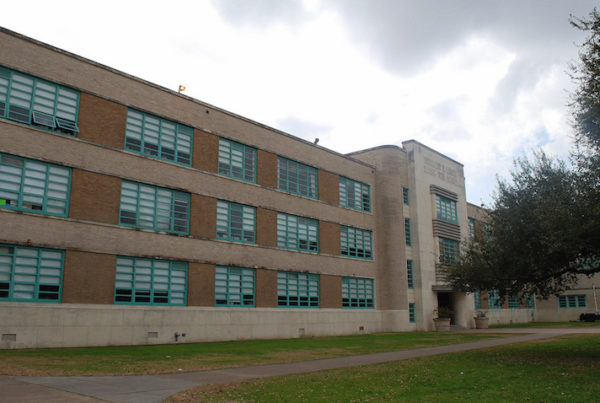There’s a sense of nostalgia and maybe even glamour around high school sports – at least as they’re presented in movies like “Friday Night Lights” and “Varsity Blues” – but there’s arguably nothing glamorous about spending four hours on a school bus. That’s what awaits some Texas schools this fall, thanks to rearranged districts for public school athletics.
The University Interscholastic League (UIL) announced the new groupings last week. Michael Florek, who covers high school sports for the Dallas Morning News, says that some of the new classifications make sense, while others are very spread out – for instance, a San Angelo high school is grouped with schools in the Dallas-Fort Worth area. That has raised complaints among the coaches.
“That’s basically a product of there not being many high-enrollment schools out in west Texas,” Florek says. “So you have schools like Amarillo having to drive to Midland or Odessa. Even during the last realignment, Tascosa and San Angelo Central were in the same district, and that’s a five-hour drive away.”
The UIL, which used new computer software this time, tried to figure out what realignments would represent the least amount of travel and late nights for schools, but there are some geographic outliers that make that very difficult.
“Especially the San Angelo Central, they are not happy about having to make pretty much four different four-hour trips,” Florek says.
That’s not so bad for football, but some sports teams would play during weekdays.
“The San Angelo Central football coach told the San Angelo newspaper there that they felt like ‘the stepchild of the UIL,’” Florek says. “They always feel like they are sort of getting the short end of the stick.”
While the UIL biennial realignment is due to reasons such as changes in the schools enrollment, the main purpose is to make competition as fair as possible.
Written by Cesar Edmund Lopez-Linares.




